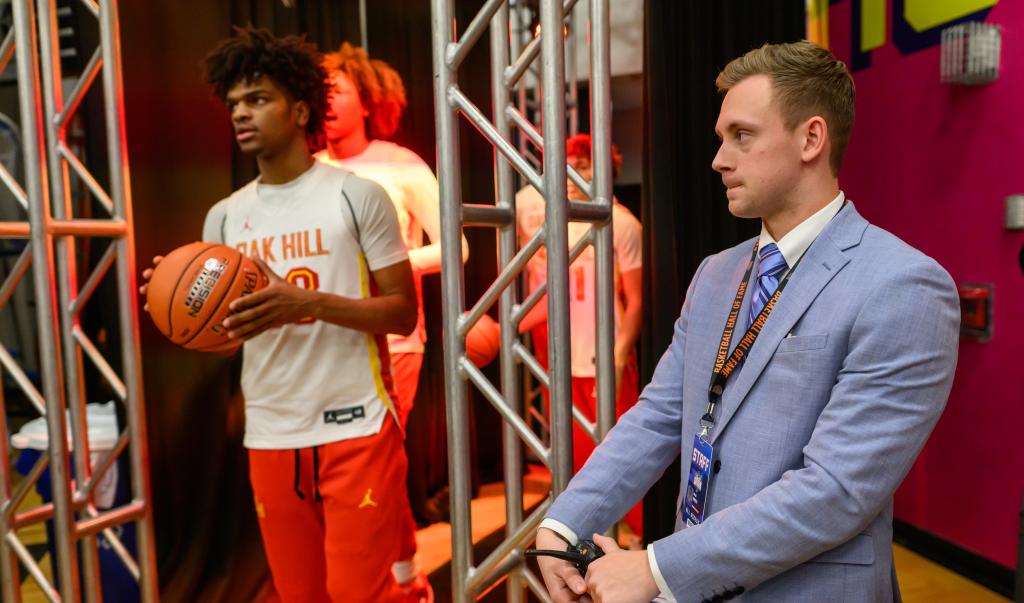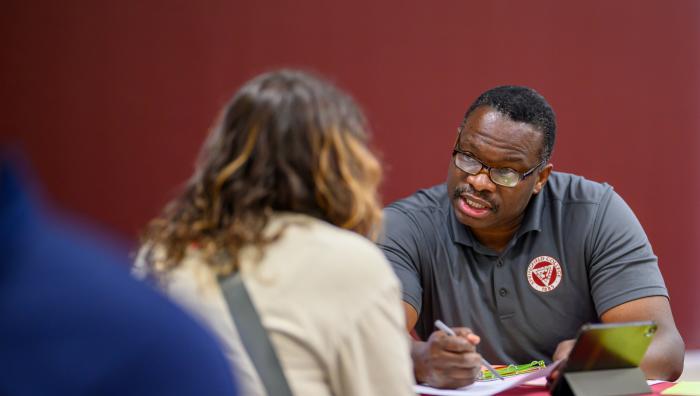Sport Management
Bachelor of Science
| About This Program | |
|---|---|
|
Program Contact
Daigo Yazawa |
|
|
Review our admissions requirements |
|
Curriculum and Delivery
|
|
| Graduate Success and Careers | |
| Paying for Your Education | |
|
Upcoming Events
Check back soon for upcoming events! |
|
|
Follow us on Instagram |
|
|
Like us on Facebook |
|

Shape the Sports Industry.
The Sport Management major at Springfield College will train you in all facets of the sports industry to prepare you for a career in the continually growing international business of sport management. Sport operation has become more sophisticated and complex. In order to effectively manage these sports programs and facilities, you’ll need to be familiar with the intricacies of sport operations and also be effective in management and administration—the exact formula that Springfield College takes to educate its sport management students.
The Sport Management major is designed to provide you with the opportunity to develop expertise in business management with an orientation toward the world of sport. You’ll be able to hone your skills and expertise through internships with organizations such as the Boston Celtics, American Hockey League, UMASS Athletics, Brooklyn Nets, Sporting Kansas City, Boston College Athletics, New York Red Bulls, Travelers Championship, Naismith Memorial Basketball Hall of Fame, and more.





